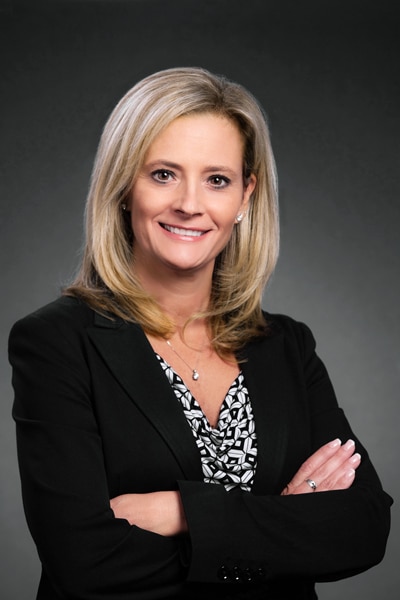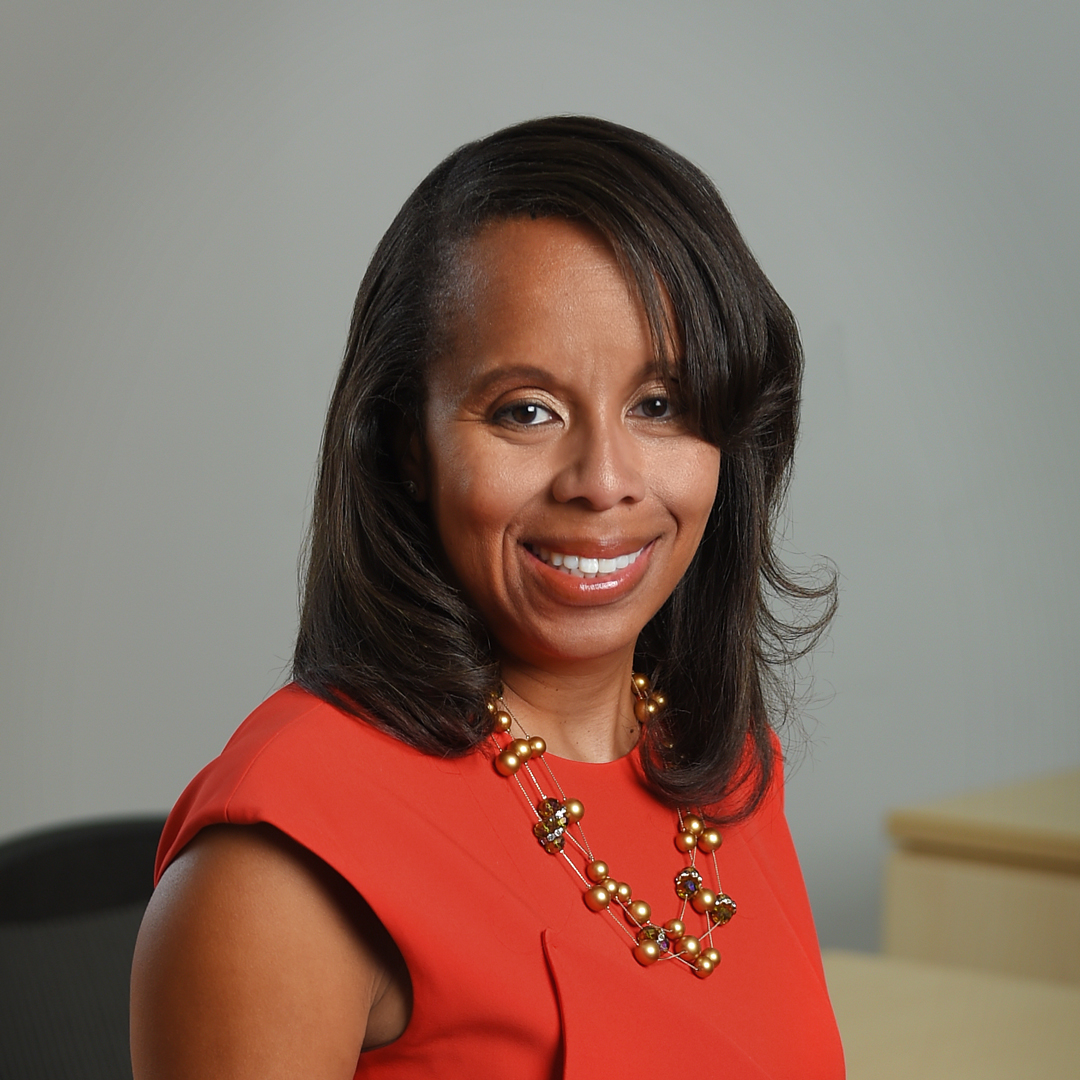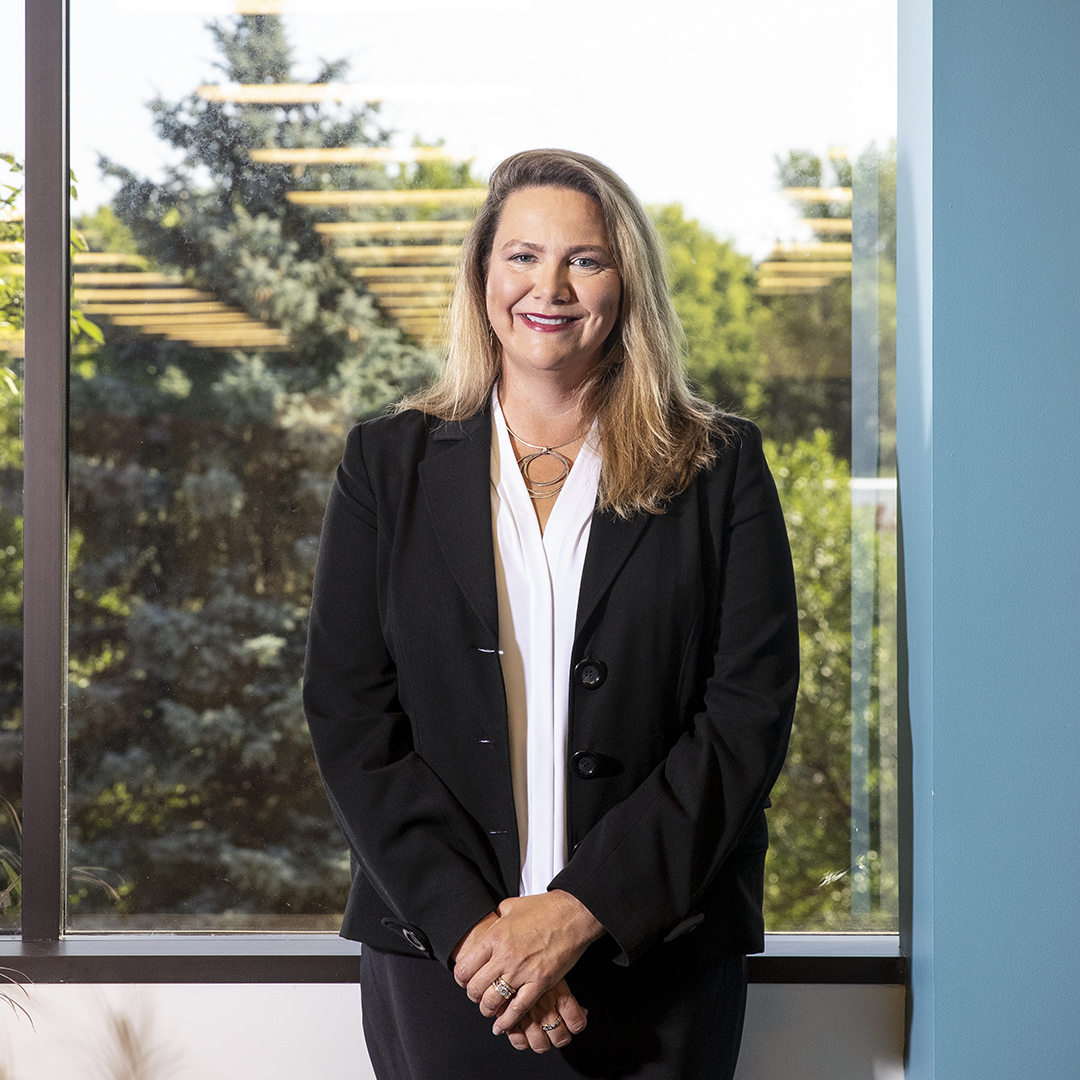Is it possible to work within a company and not be a business development person? Some professionals don’t believe it is—no matter what department you’re in, they say, your ultimate goal is to advertise the company’s work and help it grow. Whatever definition you use, Tracy Engelfried is unquestionably a business development person—as vice president of corporate strategy and business development at IAP Worldwide Services, she has played a significant role in helping the company stay competitive by reducing her department’s operating budget by 50 percent over the past two years while doubling the company’s orders (booked business).

At the beginning of her career, though, Engelfried never would have predicted that she could thrive in that kind of role. “I initially looked into becoming an FBI agent and even began studying for the entrance exam and preparing for the fitness test,” she says. “But I realized that it was not right for me, that carrying a weapon didn’t appeal to me.”
Realizing that she was more interested in intelligence and analytical work, Engelfried soon found the opportunity she was looking for at the Office of Naval Intelligence (ONI). She continued to work in government roles for the next decade, moving through a number of career-progressing intelligence and operations positions at the Defense Intelligence Agency as well as the ONI.
When Engelfried resigned from the government and joined the private sector firm, Phoenix Consulting Group, it was one of the hardest decisions she’d ever had to make. “I absolutely loved what I was doing, but I had just had my second child. I couldn’t go out on a six-month deployment, or travel into war zones,” she explains. “That just wasn’t the right step for me and my family at that point.”
The longer Engelfried stayed in the private sector, the more clarity she found about what truly interested and engaged her—namely, the operational side of business. After honing her business development skills as senior director of business development operations at DynCorp International, Engelfried transitioned to IAP in 2016. She was “immediately impressed” with the passion of the company’s leadership, she says, and the company was undergoing changes at the time that presented unique opportunities to a business development specialist like Engelfried.
“The company had just completed a restructuring and recapitalization under new ownership and executive leadership team—the company was essentially starting over,” Engelfried says. “IAP was making great strides to grow the business and improve its profitability, and I really thought the company was on an upward trajectory. It was a winning team, and I wanted to be a part of it.”
IAP has a very lean infrastructure, Engelfried explains, which is a key part of its ability to remain a “winning” team within a competitive space like logistics, aviation, information technology, and national security services. In other words, one of the company’s top priorities is keeping costs down so that it can focus its resources and efforts on providing new solutions to its global governmental and commercial customers. “When I joined, the CFO made it clear that I needed to stay within budget for the year,” Engelfried recalls. “The company had exceeded the business development budget the last couple of years before I joined.”
“I’ve found that if you want people to contribute the parts of themselves that drive creativity, innovation, and ingenuity, it’s important to create an environment where they can truly be themselves.”
And Engelfried delivered. “Of course, it was difficult,” the VP says of the drastic cuts to the department’s budget. “I had to get my team on board. We decided that we had to focus our efforts on opportunities we had a higher percentage of winning—for example, you may have one opportunity worth $1 billion and another worth $300 million, but your chances of winning the $300 million job is much higher than the larger job – so you go after the smaller one instead.
“To do that, we instituted a process in which we evaluated each opportunity using an internally designed metric,” Engelfried continues. The team looked at every opportunity—aviation, logistics, or national security—and examined the real chances of winning based on its capabilities, customer adjacencies, competition, and other questions in a weighted assessment. “The process actually measures the maturity of an opportunity from fifteen different dimensions, and that helps the company overall because we end up spending resources on opportunities where we have a higher percentage of winning.”
But even with that type of disciplined process in place, Engelfried says, there is an art to what she and her team do in business development. “I’ve found that if you want people to contribute the parts of themselves that drive creativity, innovation, and ingenuity, it’s important to create an environment where they can truly be themselves,” the VP notes.
Her leadership skills and success do not go unnoticed by the external partners she works with. “Tracy possesses a unique mix of discipline, drive, and creativity that puts her at the top of her field, and it’s what makes her such a great team leader,” says Karl Miller, CEO of Jingoli Power.
Engelfried works to create a welcoming and inclusive environment by being as open and transparent as possible, and by always truthfully answering questions to the best of her ability, even if she isn’t able to share all of the finer details.
“I’ve liked and respected most of the bosses I’ve had over the course of my twenty-five-year career,” Engelfried says, “but I’ve only trusted—and I mean really trusted—a few of them. I want to know that my team trusts me, that they know they can come to me with their problems. The last thing I want is to find out that it’s too late to fix something that has been brewing for weeks because someone didn’t feel comfortable coming to me about it in the first place.”

